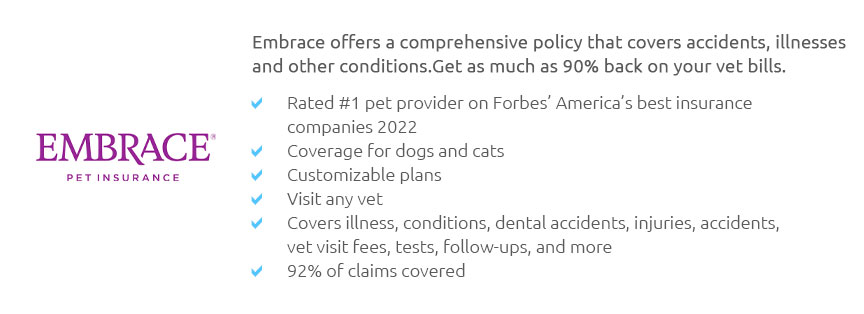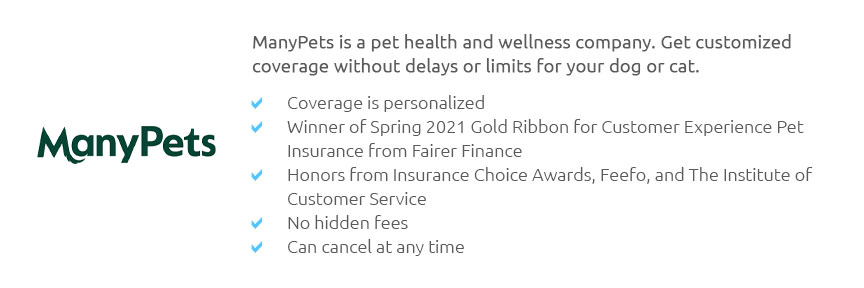 |
 |
 |
 |
 |
|
 |
|
 |
|
 |
|
 |
|
 |
|
 |
|
 |
 |
Can Dogs Have Health Insurance?When it comes to the well-being of our beloved canine companions, a question that often arises is whether dogs can have health insurance. The short answer is a resounding yes; however, this topic warrants a deeper exploration into the nuances and benefits of such coverage. In today's world, veterinary care can be surprisingly expensive. Just like human healthcare, unexpected emergencies and routine check-ups can add up to significant costs. Pet health insurance is designed to alleviate some of these financial burdens by covering certain medical expenses, which can range from emergency surgeries to chronic condition management. One might wonder, 'What exactly does pet insurance cover?' Typically, these policies cover a variety of services, including accidents, illnesses, and sometimes even preventive care like vaccinations. However, the specifics can vary widely between providers and plans. It's crucial for pet owners to thoroughly read and understand the terms and conditions of any policy they are considering. Some policies may have exclusions or waiting periods that could impact coverage at critical times. Another aspect to consider is the cost of the insurance itself. Premiums can differ based on factors such as the dog's age, breed, and even geographic location. Generally, younger and healthier dogs will have lower premiums. Breed-specific conditions can also influence coverage options and costs. For example, breeds predisposed to certain hereditary conditions might face higher premiums or exclusions for related treatments. When evaluating pet insurance, it's important to weigh the pros and cons. On one hand, having insurance can provide peace of mind and financial security, ensuring that owners can make decisions based on their pet's health needs rather than cost constraints. On the other hand, some might argue that not all pets will accrue enough medical expenses to justify the cost of insurance over their lifetime. Furthermore, pet owners should consider alternative options like setting up a dedicated savings account for veterinary expenses. This method requires discipline but could potentially be more cost-effective for those whose pets remain relatively healthy. In conclusion, while pet insurance is not a one-size-fits-all solution, it is undeniably a valuable option for many dog owners. The decision to purchase insurance should be based on a comprehensive understanding of one's financial situation, the specific needs of the dog, and a careful examination of the available plans. Ultimately, the goal is to ensure that our furry friends receive the best possible care, without unexpected financial strain. Frequently Asked QuestionsWhat types of pet insurance plans are available? There are generally three types of pet insurance plans: accident-only, accident and illness, and wellness plans. Each offers different levels of coverage. Are pre-existing conditions covered by pet insurance? Most pet insurance policies do not cover pre-existing conditions, although some might offer coverage after a waiting period if the condition is considered curable. Is there an age limit for insuring a dog? Many insurance providers have age limits, often requiring pets to be enrolled before reaching a certain age, typically between 8 and 14 years, depending on the breed. How do I choose the best pet insurance for my dog? Consider factors such as coverage options, exclusions, premiums, deductibles, and the insurer's reputation. Comparing multiple plans and reading reviews can also aid in making an informed decision. Can I use any veterinarian with pet insurance? Most pet insurance plans allow you to visit any licensed veterinarian, although some may have network restrictions for certain services or discounts. https://www.statefarm.com/simple-insights/family/why-your-dog-needs-health-insurance
And health insurance for your dog can help you plan for those moments. For instance, if your puppy is limping you may need surgery or specialty care. This ... https://www.akc.org/expert-advice/health/need-pet-insurance-dog/
It's important to note, though, that most insurance companies require owners to pay upfront and submit a claim for reimbursement. How Much Does ... https://www.pawlicy.com/blog/free-dog-health-insurance/
Unfortunately, free dog health insurance doesn't exist, but you may be able to get free, deferred, or reduced-cost veterinary care through charitable grants, .
|